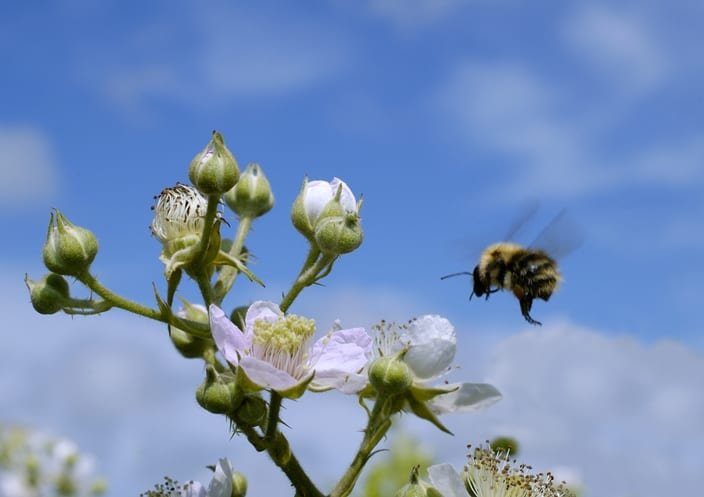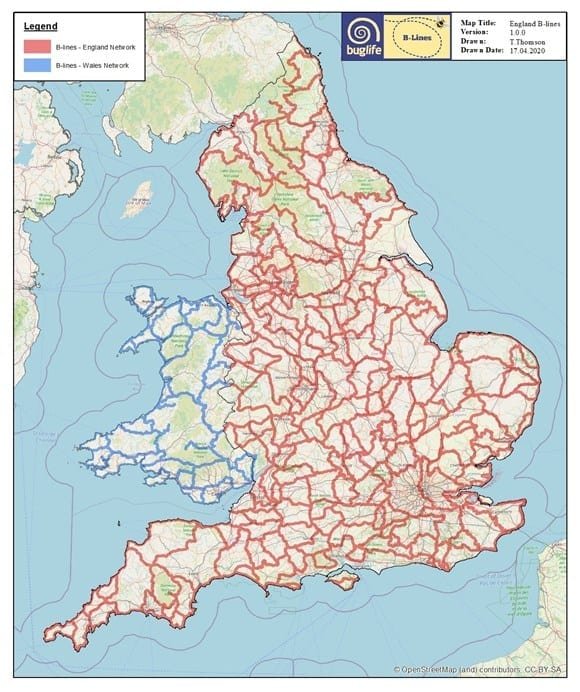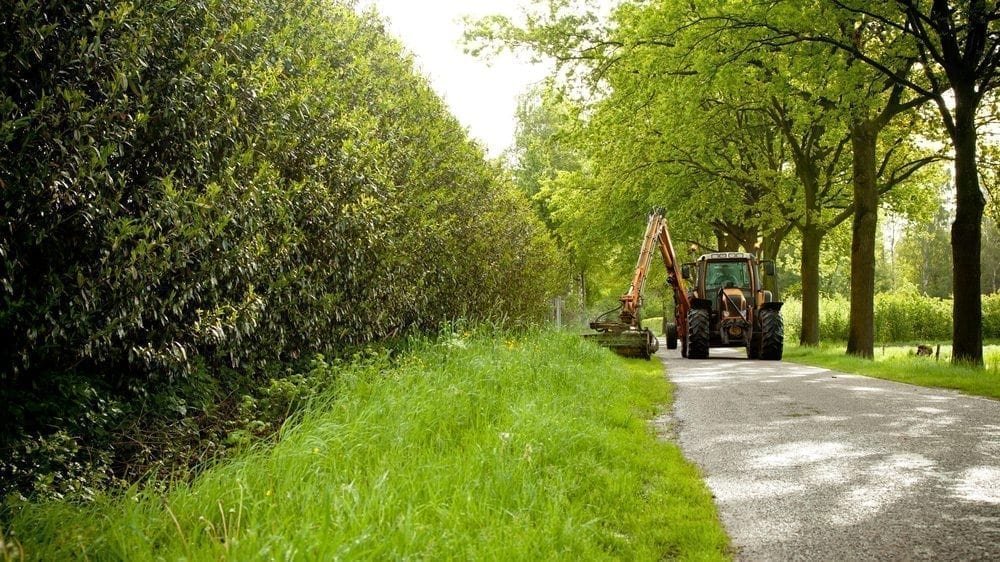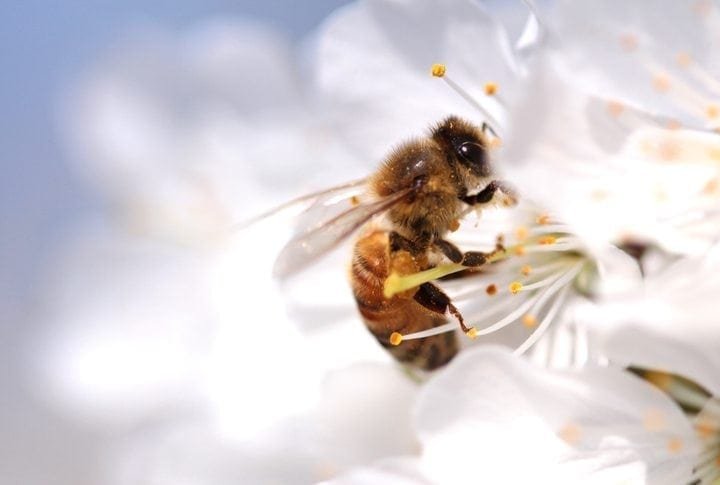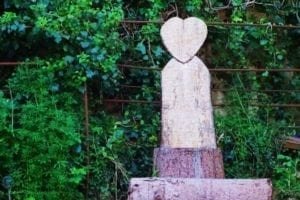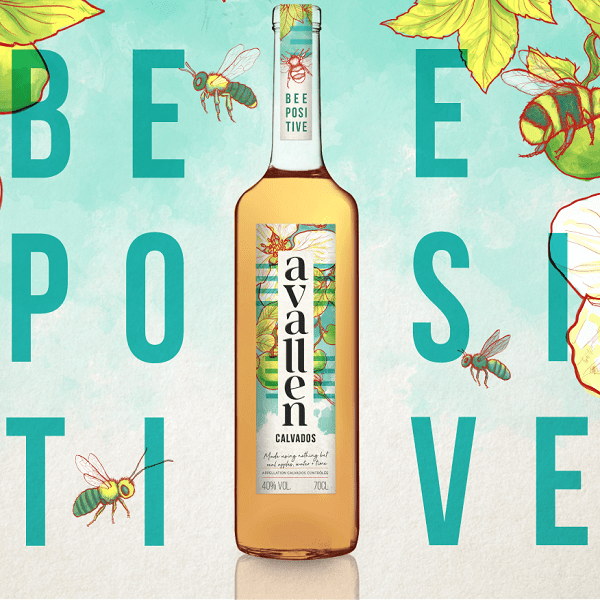A newly completed B-Lines network for England is being launched this week by conservation charity Buglife.
B-Lines are a strategically mapped nationwide network of potential and existing wildflower habitat, designed to identify where the creation of new habitat will provide the greatest benefit for pollinators and help restore our declining populations of bees, butterflies, hoverflies and other pollinating insects.
These rivers of wildflowers will criss-cross the country from the South West to the North East, enabling pollinators and other wildlife to move across the landscape.
During Bees’ Needs Week (13-19 July 2020), Buglife is calling on organisations and individuals everywhere to do their bit to help our precious pollinators – to get involved in planting wildflowers along the B-Lines and follow the Bees’ Needs ‘5 Simple Actions’.
Repair and connect our landscape
B-Lines is a big solution to a big problem: the declines in our wild pollinators.
In living memory, the sight and sounds of pollinators have faded across the country as wildflower-rich habitats have disappeared.
We must repair, enhance and connect our landscapes – building on work already underway and planned by communities, public bodies, businesses and farmers – to restore a vibrant land where insects are abundant, where they can pollinate our wildflowers and crops and where they will continue to delight and inspire future generations.
Action on the ground
The completion of the England B-Lines map was supported by Defra. A national network of B-Line corridors has been mapped with the help of hundreds of national partners and experts.
The map identifies a network of opportunities for nature – to connect the best remaining wildflower-rich habitats.
However, it is now essential that action is taken to create the thousands of hectares of new habitat identified for pollinators, on the ground.
‘A complete England B-Lines network is a real landmark step in our mission to reverse insect declines and lend a helping hand to our struggling pollinators. We hope that organisations and people across England will help with our shared endeavour to create thousands of hectares of new pollinator-friendly wildflower habitats along the B-Lines.’
CATHERINE JONES
Pollinator officer at Buglife
Bees’ Needs Week
Bees’ Needs Week celebrates and shares ways everyone can continue to help bees and other pollinators.
We need everyone to help create urgently needed wildflower habitat along B-Lines – from local authorities and government to farmers and keen gardeners.
 Play Video about This Rock Might Just Save The World
Play Video about This Rock Might Just Save The World Play Video about Play 2 hours of rock
Play Video about Play 2 hours of rock Play Video about Play 2 hours of brook
Play Video about Play 2 hours of brook Play Video about Play 2 hours of sheep
Play Video about Play 2 hours of sheep

















